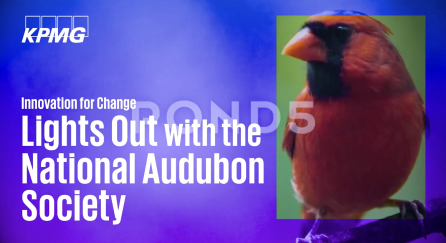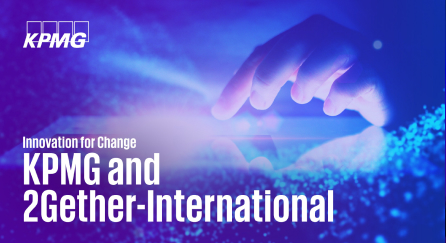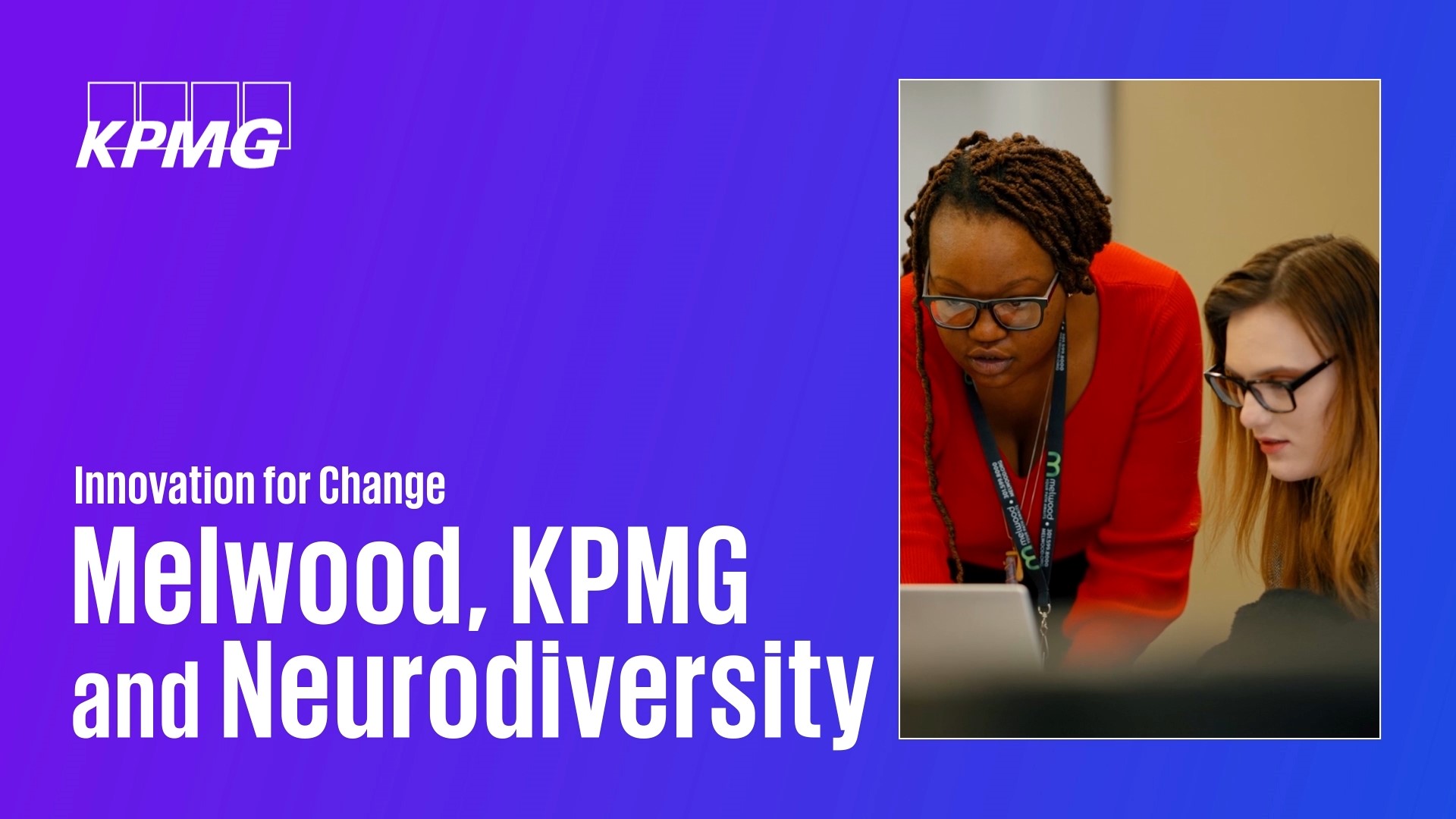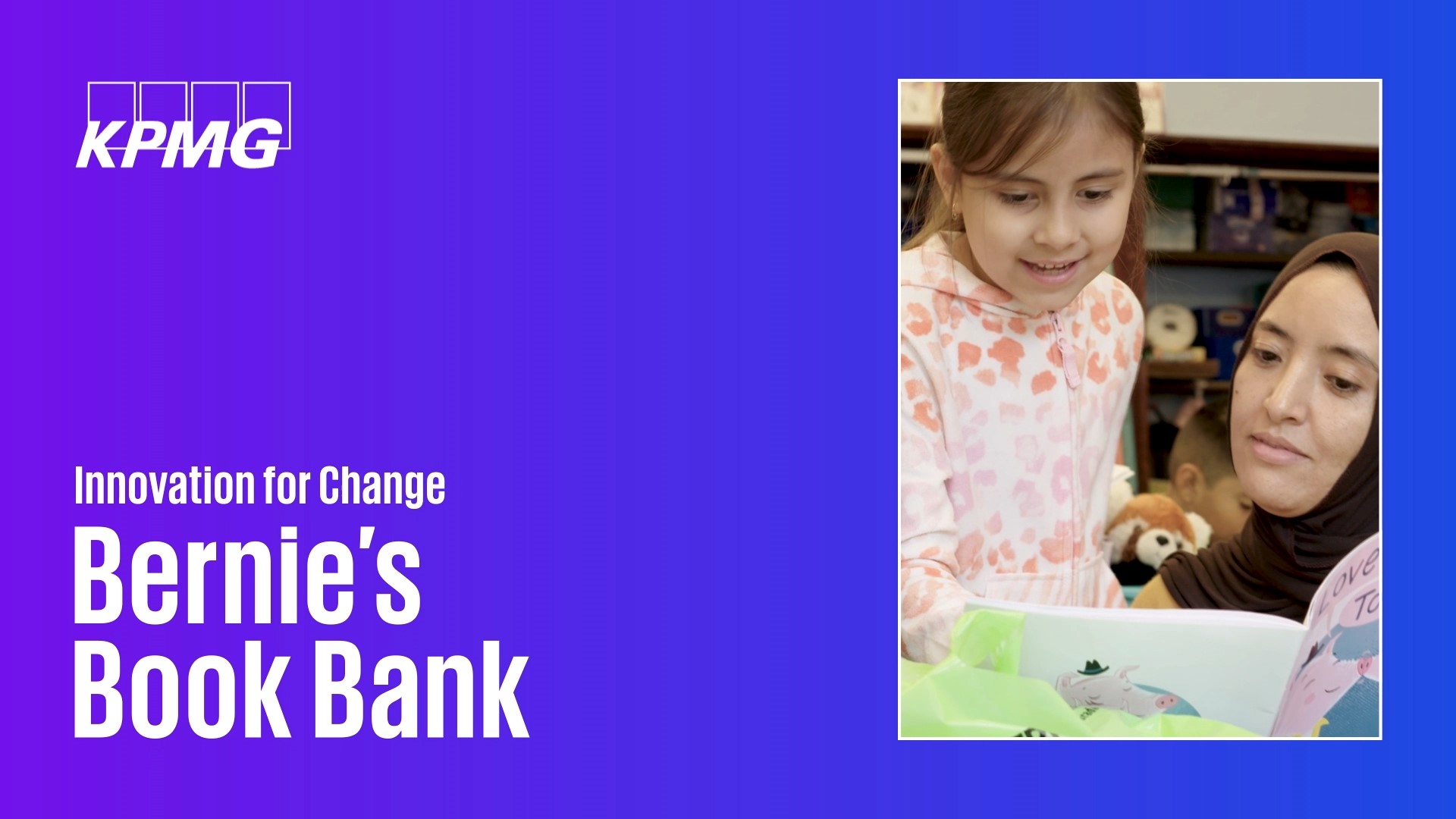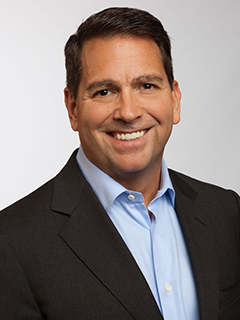Transcript
Connie Sanchez, Program Manager, Bird-Friendly Buildings, National Audubon Society: It’s estimated that up to a billion birds die from collisions with structures in the U.S. alone each year, and that’s due to both artificial light at night as well as glass.
Keith Russell, Program Manager for Urban Conservation, Audubon Mid-Atlantic: We have found here, doing monitoring of collisions, that these collisions can happen at any level on a building. It can happen at street level, it can happen at the top of a building that’s 60 stories.
Connie: In terms of the Lights Out program, what it does is it recommends that we turn off or dim the lights at night, external as well as internal lights, during peak migration season for these birds. In Philadelphia we’ve got over 100 participants in Lights Out, and that includes commercial buildings as well as residents.
Keith: Every time one building does something to adjust their lighting to help to prevent bird collisions, that makes a big difference, because these collisions are happening one building at a time.
Connie: We’ve got one particular building where we have seen collisions reduced by 70% just due to turning off lights, so it’s really making a difference.
Keith: At one location during a two-week period in late September, within one mile of where we were monitoring, or one kilometer of where we were monitoring, we had over 700,000 birds pass at night just during that one period in that one small area.
We’re getting birds that are coming through from vast portions of Canada that breed across the northern part of the United States and Canada, and that are going to winter throughout the Caribbean, Central America, the southern U.S. and South America, so we’re a funnel.
Connie: We’re working with KPMG’s Data Citizens with Purpose team, and we’re really grateful for what they’ve done there in terms of looking at our collision data. Recent research has looked at the top 125 cities in the United States, looking at what we call exposure risk in terms of artificial light at night as well as bird populations that are migrating through.
And of the top 20 cities that have the highest exposure risk, we’ve already got Lights Out programs in 18 of those 20 cities. So there’s a lot more work to be done, but we’re on our way there.
Working with the KPMG team we’re connecting with building owners, building managers, realty companies in cities.
Keith: The fact that we have had such great participation in our Lights Out program I think is indicative of the type of people that are here in Philadelphia and the type of city that Philadelphia is.
Connie: KPMG approached us with interest in Lights Out as part of their sustainability plan. And so we’ve been working with their Office of Sustainability in reaching out to all of their office locations.


